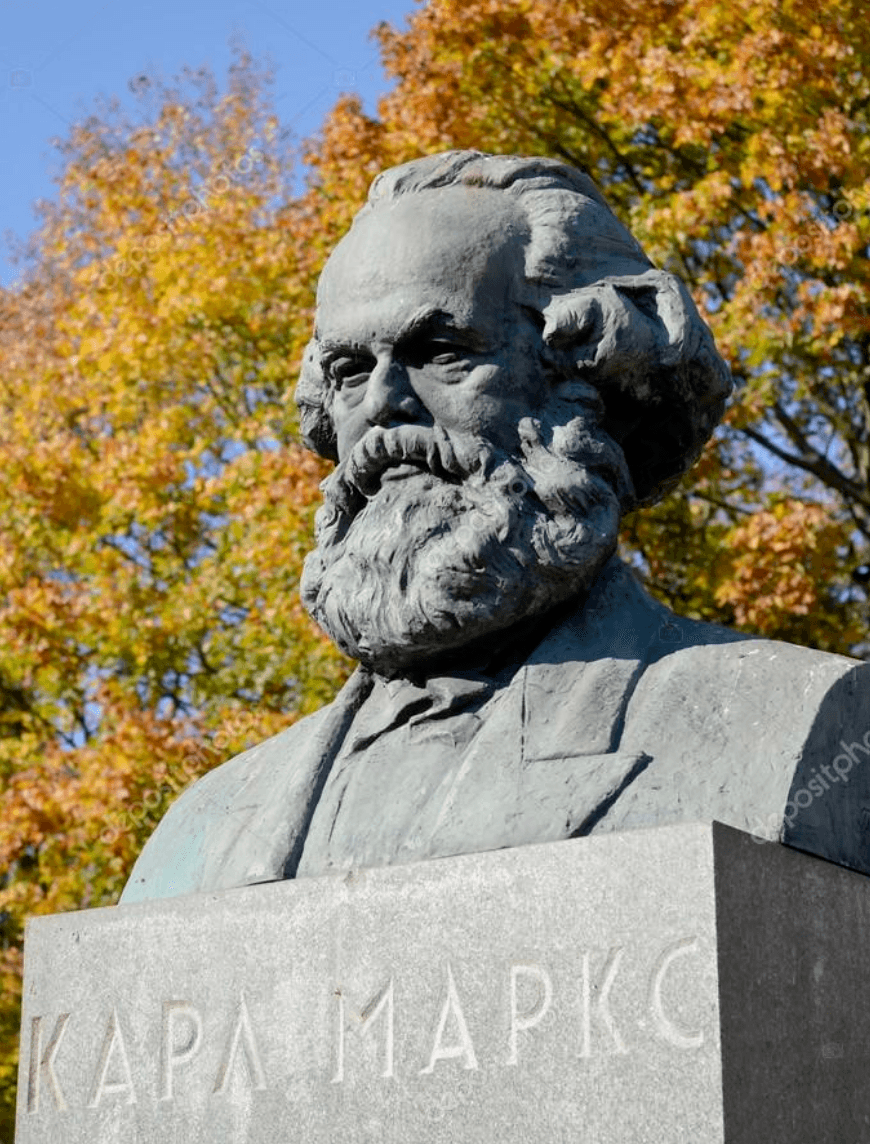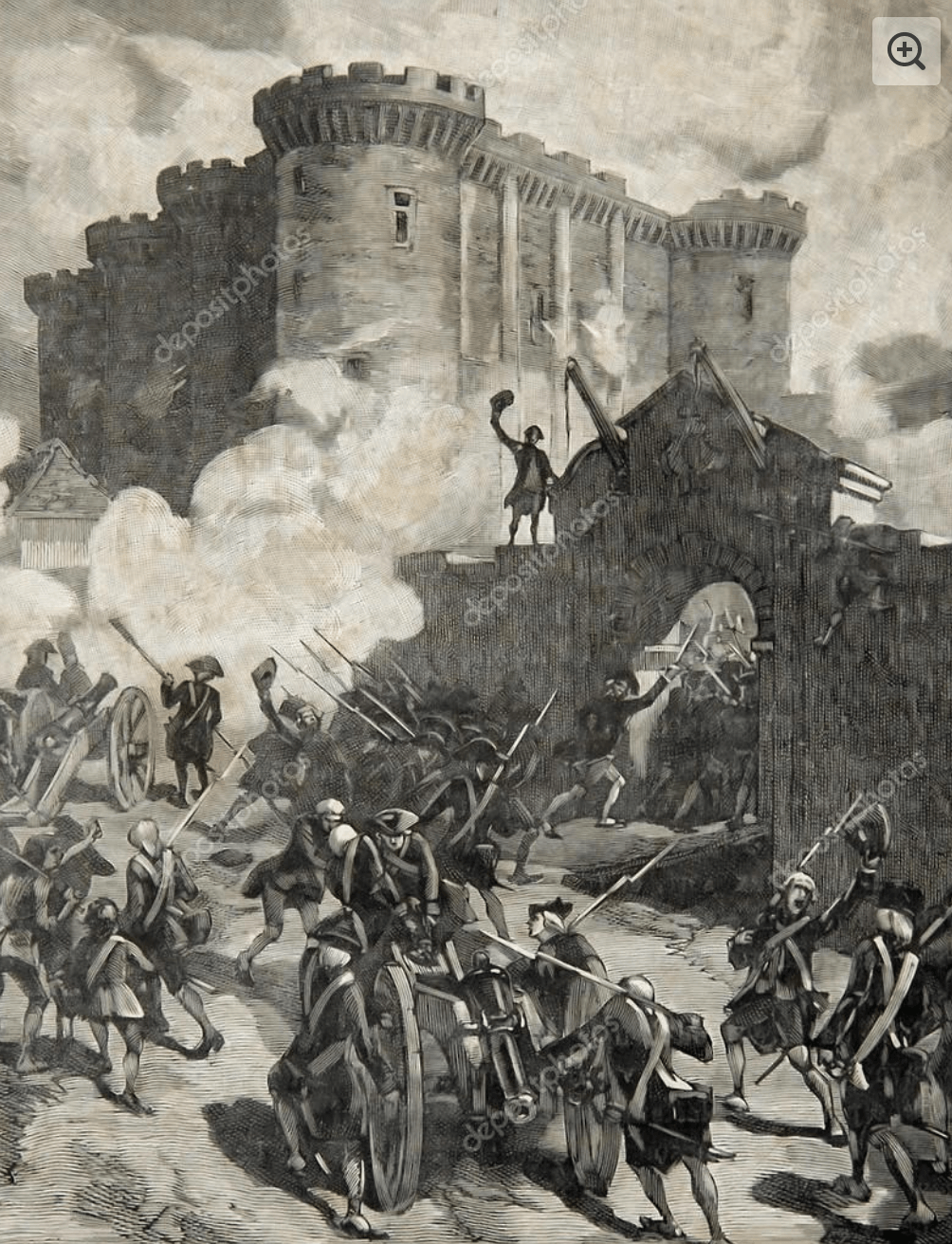EDUCATION
Education, in a broad sense of understanding how the world works, is something CODE will have to address, for members and the community generally. The universities are no longer reliable as sources of democratic education, now subject to eccentric ideological extremes remote from popular thinking. A situation where CODE issued educational credentials is a feasible but speculative possibility for the future. However CODE will entail educational levels, at least at leadership level, beyond undergraduate university degrees.
Literature is an area in which traditional appreciation has been displaced by the postmodernist Cultural Studies theory that literature is the product of socio=cultural influences rather than of authors' creativity. In an unfortunate development since the 1960s when I was at university, the need for a review of literary study opened up a space which was, as I now assess it, inappropriately filled. The Cultural Studies conception has involved academics and others of no established creative ability determining socio-cultural themes to impose on works of literature, effectively reconstructing them as the products of cultural influence, the imposed themes reflecting the imposers' ideological biases. The wise vision of major creative minds, able to construct for us vicarious experience in fiction, the experience which through suspended disbelief verified for us moral insights the author was writing to impart, is thus largely lost. Literature becomes the political reconstructions of mediocrities rather than the instructive and entertaining art of the greats. That this shift occurred is not surprising. I could see by the time I finished undergraduate study in 1968 that English literature needed to open up new domains of study and discovery, the standard critical interpretations of works, with the rather laboured passion of interpretational differences, in danger of stagnating. Even then I think it was vaguely clear to me that what was needed was extension of the interpretation of the morals of literature into their significance for current and contemporaneous society. Ironically, the greater fusion of literature and society was the answer, but starting with the authorial lessons of literature unimpaired. The loss of authorial literary morals is a particular concern of CODE. It is an underlying concern because the shift from authorial creation to cultural construction represented a wider rejection of the conscious human being controlling life with deliberate purpose in favour of the person whose nature and life were the products of cultural influences - the "socially constructed" entity. That is, postmodernism represented a rejection of Enlightenment humanism in favour of a nihilistic antihumanism derived from the European World War experience and other, especially French, sources (See Wolin, R, The Seduction of Unreason, The Intellectual Romance with Fascism from Nietzsche to Postmodernism, eg p 39, Princeton University Press). But, and this would have been no less threatening those determined to derail it, the themes of literature, enshrining the humanist and Christian and other religious values, represent an auxiliary moral influence on society with strong claims to religious and spiritual character, and even the peculiar extra power of being grounded in worldly, albeit fictional, experience. The translation of that morality into real life, at a juncture when formal religion is losing ground in the affluent West, could thus help provide the necessary unifying basis of democratic community and citizenship, necessary to popular rule. That democratic consolidation would have been the last thing the counter-Enlightenment philosophers of poststructuralism welcomed. Even the extraordinary fact, noted by Wolin, of the left's adoption of a fascist-sympathetic philosophical position, is something whose explanation might begin with this counter-moral attitude. Nothing divides the democratic polity more than capitalism, for all the latter's economic power; nothing seems to have weakened formal religion so much as capitalist affluence. By the seemingly perverse reasoning that fascism is worth the risk - perverse to some - the reasoning on the left that without quasi-religious moral and spiritual balance in the democracies capitalism will destroy them and itself is quite probably correct. And we must be mindful that many on the left have never shirked from totalitarian alternatives to democratic capitalism. For a few years, I didn't, at least by association.



